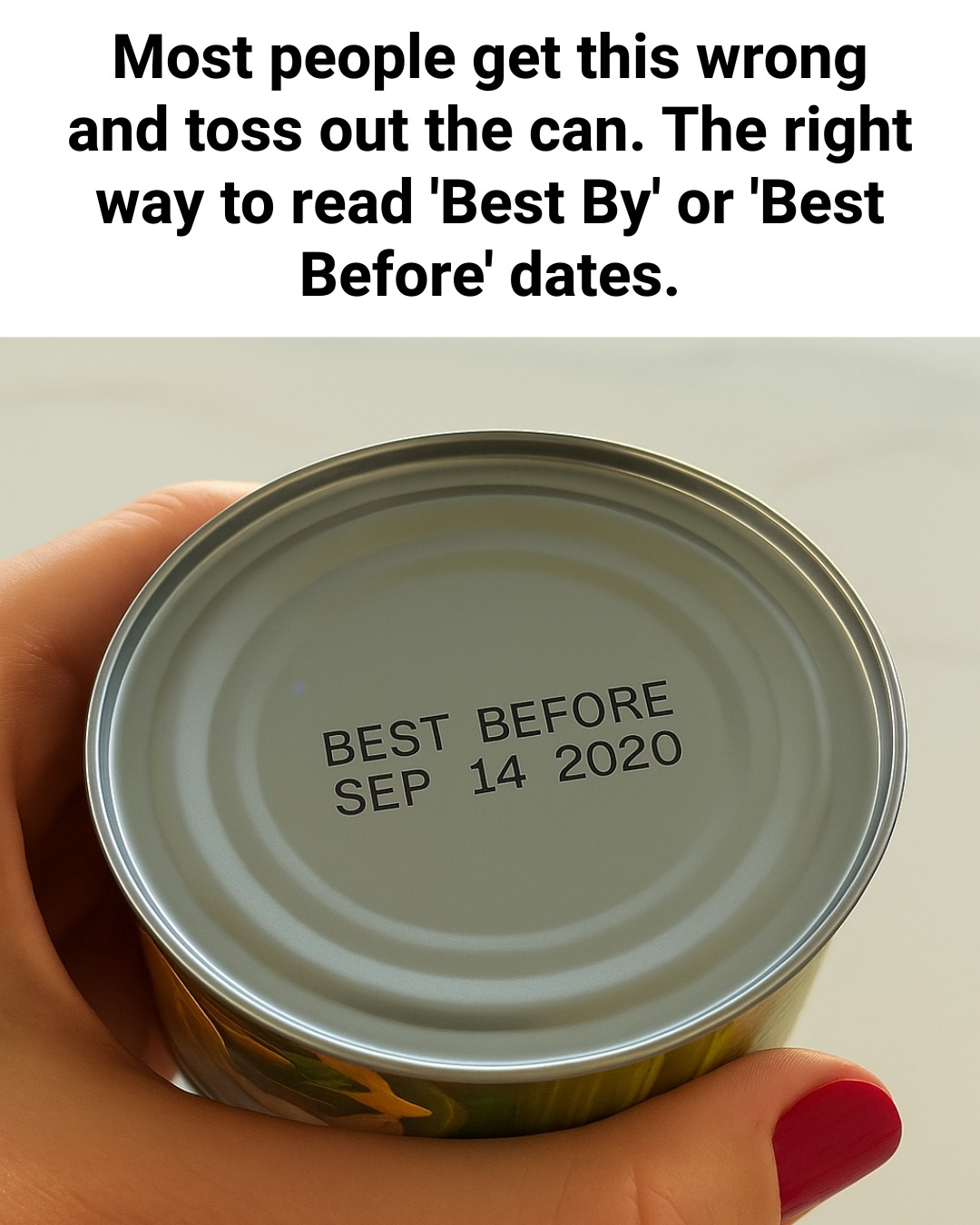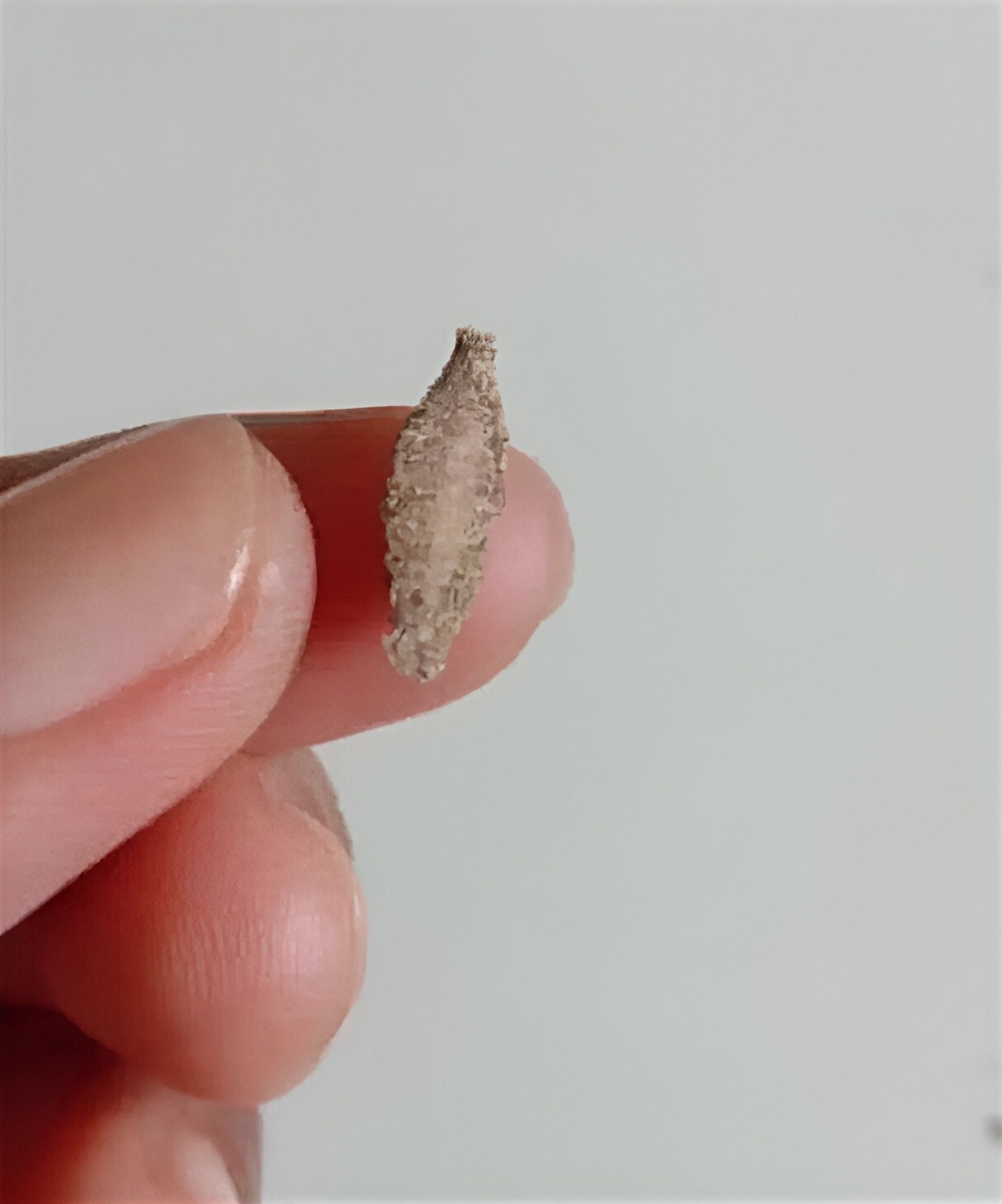Most of us have that one dusty can tucked in the back of the pantry — the kind you rediscover during a kitchen clean-out and immediately check the expiration date on. When the date has passed, the natural reaction is to toss it in the trash, assuming it’s unsafe. But here’s the surprising truth: many dates on canned foods have far more to do with quality than safety. Labels like “Best By” or “Best Before” are simply the manufacturer’s estimate of when the food tastes its best, not an official deadline for when it becomes dangerous.
“Use By” dates, typically found on dairy or fresh foods, often cause even more confusion. These dates still generally refer to peak quality rather than an automatic safety cutoff. With canned goods, proper storage plays a bigger role than the printed date. When kept in a cool, dry place away from heat and sunlight, most canned foods stay safe well beyond what the label shows. High-acid foods such as tomatoes, pineapple, and citrus products usually maintain their best flavor for 12 to 18 months, but they don’t suddenly become unsafe the day after the date passes.
Low-acid canned foods — beans, vegetables, soups, and canned meats — tend to have a much longer shelf life, often three to five years or more. Food safety experts note that as long as a can remains fully intact, free from damage, and properly sealed, the contents can remain safe even after the date has expired. The real warning signs are physical changes: bulging or swollen lids, deep dents, rust, leaks, strange odors, discoloration, or liquid spraying out when opened. If you see any of these, the can should be thrown away immediately.
Understanding what expiration dates actually mean can help you save money, reduce waste, and shop more confidently. Before tossing a can just because it’s past the printed date, take a moment to check its condition. If it looks normal and smells fresh once opened, it may still be perfectly good to use. Smart storage habits and a little knowledge can make your pantry safer, your meals easier, and your household more sustainable.




